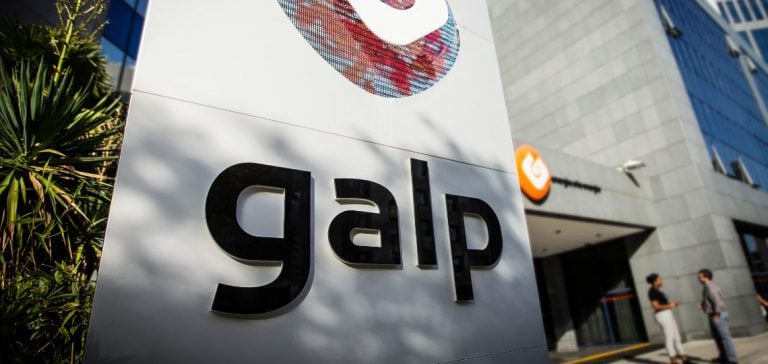Portuguese energy company Galp has started an exploration and appraisal campaign on its strategic block in the Orange Basin off the coast of Namibia. On October 23, the first of four planned wells was drilled, targeting the Mopane field, a significant discovery made earlier this year. This program aims to clarify the potential of this oil reserve, estimated to hold billions of barrels.
This campaign is being conducted in blocks 2813A and 2814B, under Petroleum Exploration License 83, where Galp holds a majority 80% stake, alongside Custos Energy and state-owned Namcor, each holding 10%. Canadian company Sintana Energy, a 49% shareholder in Custos, confirmed that the Mopane 1-A well has begun, aiming to further validate the quality of the oil field discovered in previous drillings.
Galp announced in April that the Mopane field could contain up to 10 billion barrels of oil equivalent. The first drilling phase had already identified significant columns of light oil in high-quality sands, with the Mopane-1X and Mopane-2X wells revealing a substantial lateral extension of the reservoir. This time, the goal is to deepen the understanding of the field’s characteristics to confirm its economic viability and position it on the global map of top-tier oil reserves.
Development of the Orange Basin: A Strategic Challenge for Namibia
The Orange Basin has become one of the most sought-after regions in the oil exploration sector. Since major discoveries by TotalEnergies and Shell in 2022, an increasing number of international oil companies have turned to this region. To date, Mopane represents the largest confirmed discovery in the Orange Basin, a project that could transform Namibia’s economy.
The Namibian government, although currently a non-producer of hydrocarbons, sees these discoveries as an opportunity to diversify its economy and enter the global oil market. Oil production could begin by the end of the decade, with forecasts suggesting that TotalEnergies’ Venus project could start production as early as 2029, followed by Mopane in 2030, with a potential plateau of 211,000 barrels of oil equivalent per day by 2037.
Galp and the Challenge of International Cooperation
In a context of intense competition, Galp has announced its intention to reduce its stake in the PEL 83 block from 80% to 40%, allowing an international partner to join the project. While the company has confirmed strong interest from major oil companies, such as Petrobras, it has stated that no decision will be made before the completion of the current drilling campaign, scheduled for 2025. Felipe Silva, Galp’s CEO, stressed that the company is not under pressure to secure a partner in the short term.
This cautious approach reflects Galp’s strategy to optimize the value of the discovery by focusing on risk reduction before considering a partnership. In the meantime, the company is relying on this drilling campaign to confirm the Mopane field’s potential and attract partners capable of financing future development phases.
An Economic Transformation in Perspective
Analysts agree that the rise of Namibia’s oil sector could redefine the economy of this Southern African country. In addition to Galp, other industry giants like Chevron and TotalEnergies plan to launch drilling campaigns in the Orange Basin by the end of the year. With significant production prospects, Namibia could quickly establish itself as a key player in the African oil sector, potentially contributing to the continent’s energy independence.
The commitment of multinational companies in the Orange Basin represents an opportunity for economic diversification for Namibia, which remains heavily reliant on mineral resources. If ongoing drilling campaigns confirm the potential of oil reserves, investments could flow in, transforming the economic and energy landscape of the region.






















